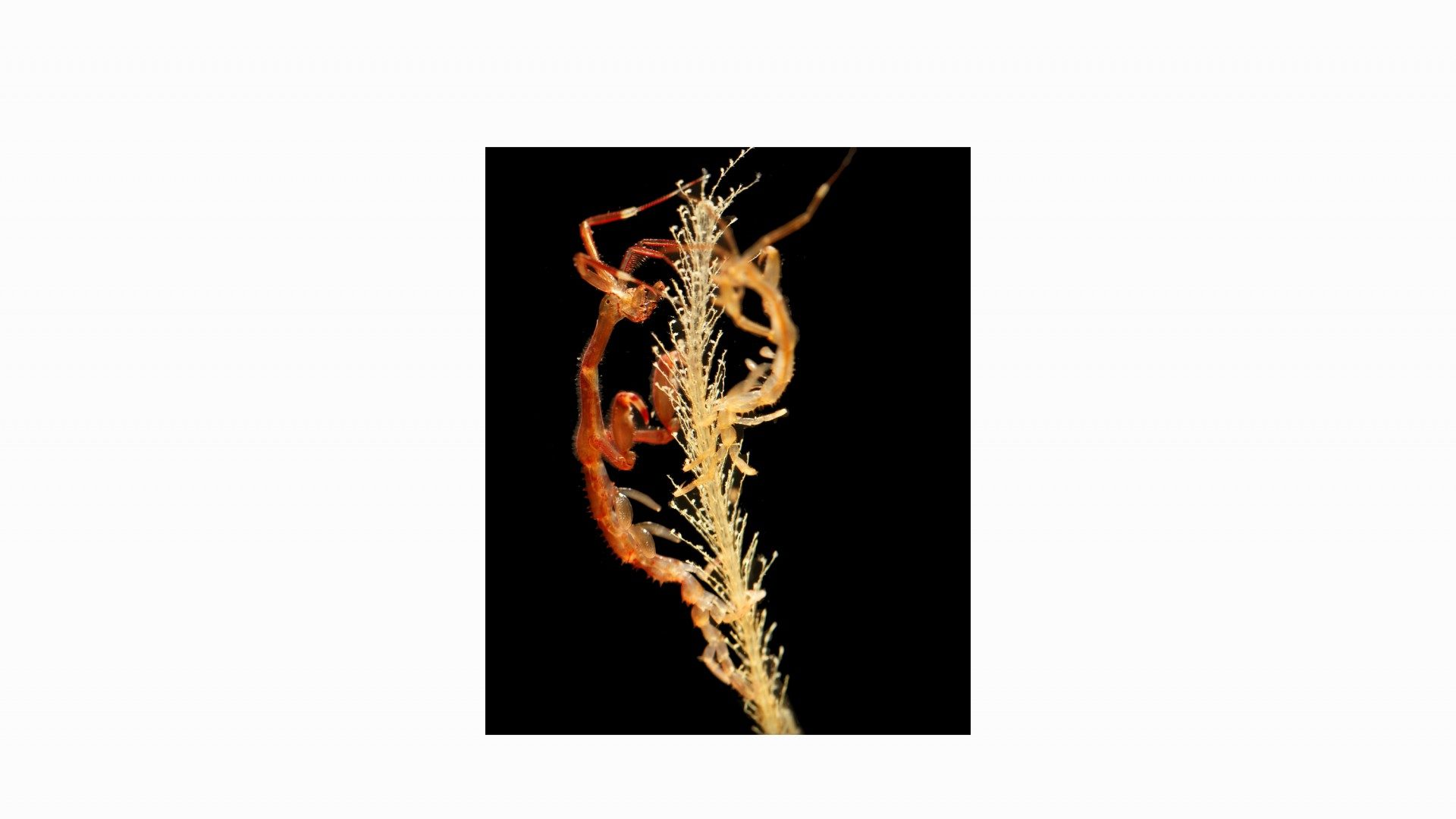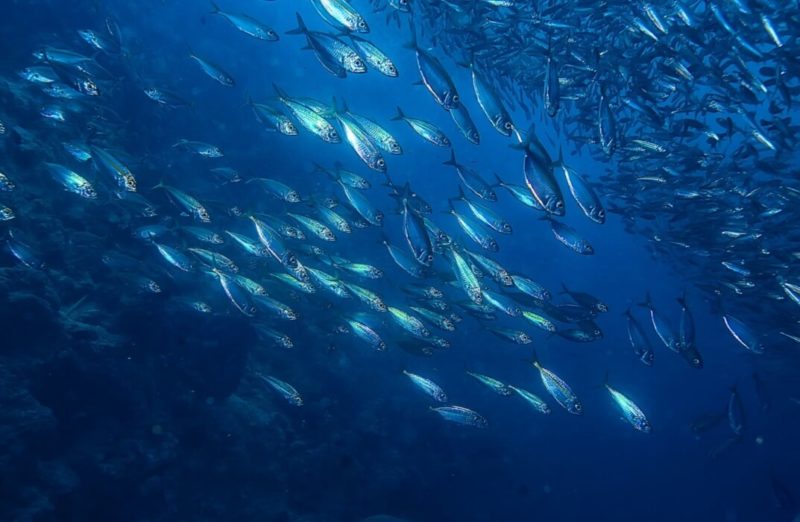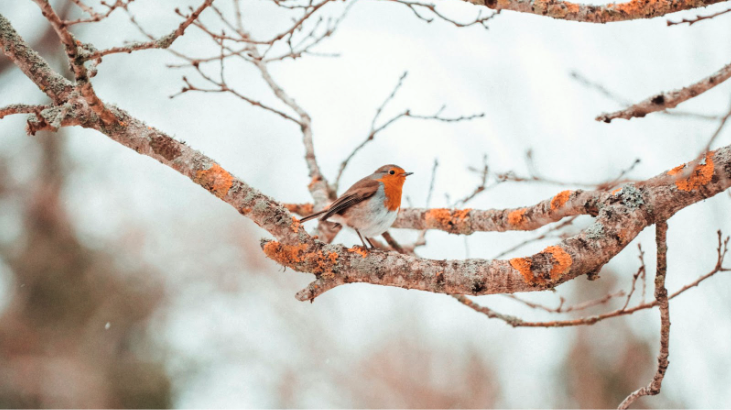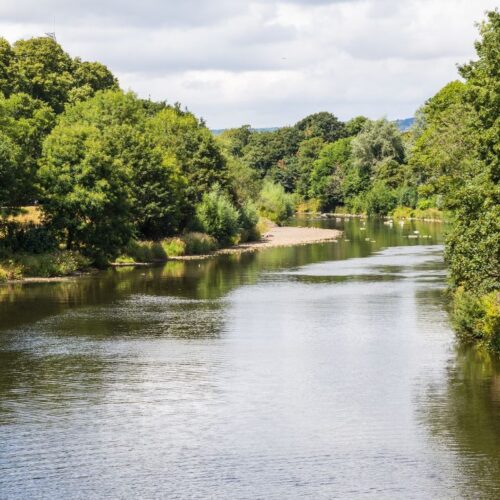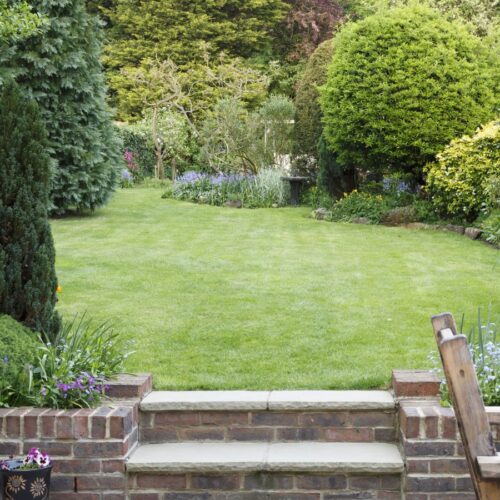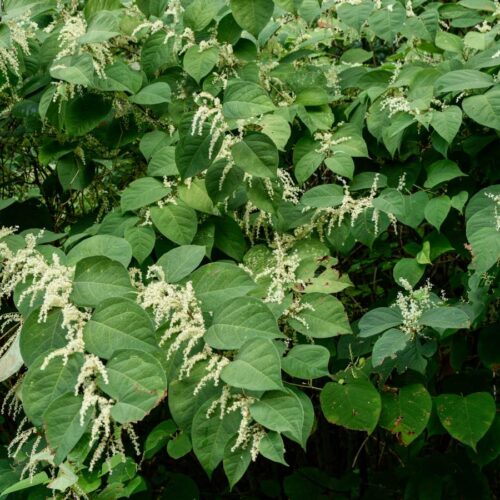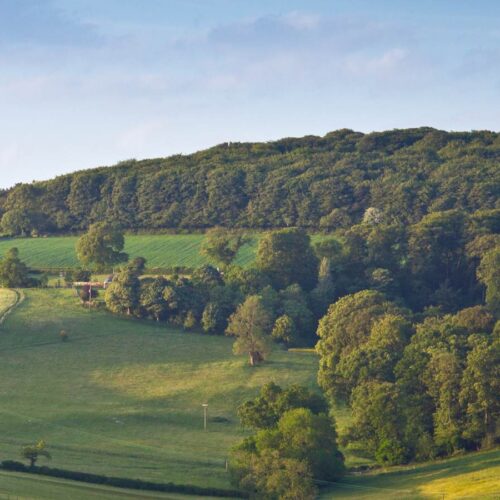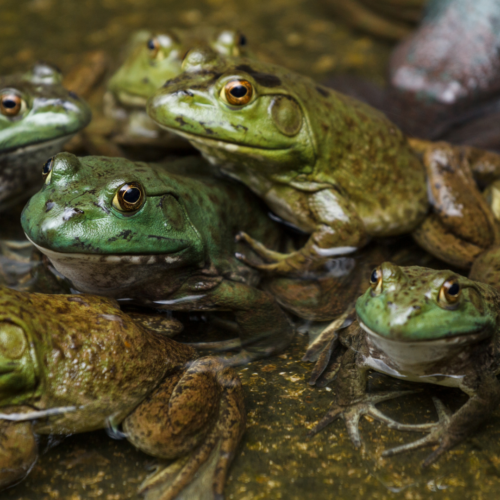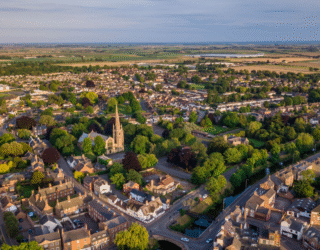Picking up hitchhikers really can be risky. Some pose no problems whatsoever and it was like they were never even there. Others may prove to be very irritating to the point you wish you had been more cautious. Worst of all, you may be unfortunate enough to pick up one that turns out to pose a serious threat.
Whilst the above can apply to humans, I am of course talking about the non-native species that humans can unintentionally translocate to new sites, regions and sometimes even countries. Such species spread as result of being moved around on other animals or plants, in soil and water and on clothing and equipment. Examples of hitchhiking by invasive non-native species in the UK include topmouth gudgeon eggs that stick to waders and angling equipment, Himalayan balsam seeds that contaminate clothing and vehicles, and Japanese skeleton shrimp being transported in ship ballast water.
“Check, Clean, Dry”
So what can we do to stop the spread of invasive non-native species? Quite simply, “Check, Clean, Dry”. This is the tagline of the government’s campaign to tackle the spread of invasive non-native species. Check all your equipment and clothing for live animals, particularly areas that are damp or hard to inspect. Clean all clothing and equipment thoroughly at the earliest available opportunity, preferably with hot water. Whilst on sites which contain invasive species such as Japanese knotweed, cleaning stations should be set up to ensure that no contaminated material can leave the site via equipment or work boots. Dry all equipment and clothing and allow it to remain dry for 48 hours before its next use. Ensuring that fishing equipment such as fishing nets, unhooking mats and waders are dried thoroughly is especially vital as many species can live for days in moist conditions, and can devastate entire lakes and rivers. In the case of boats, it is also important to drain the watercrafts bilge, motor and other water containing devices after use.
Following these simple steps will help to protect our native species, natural resources and recreational opportunities.
So remember to always, Check, Clean, Dry.
